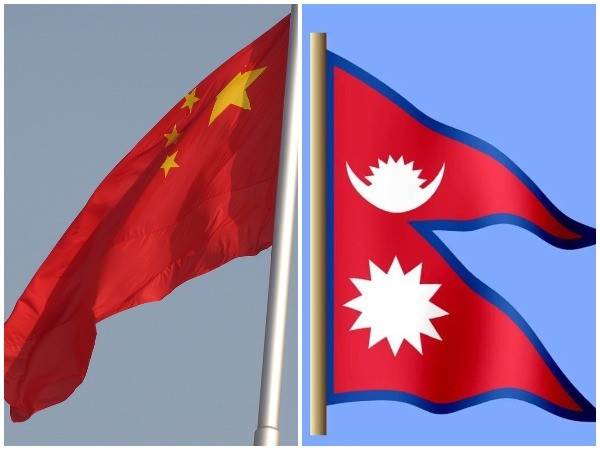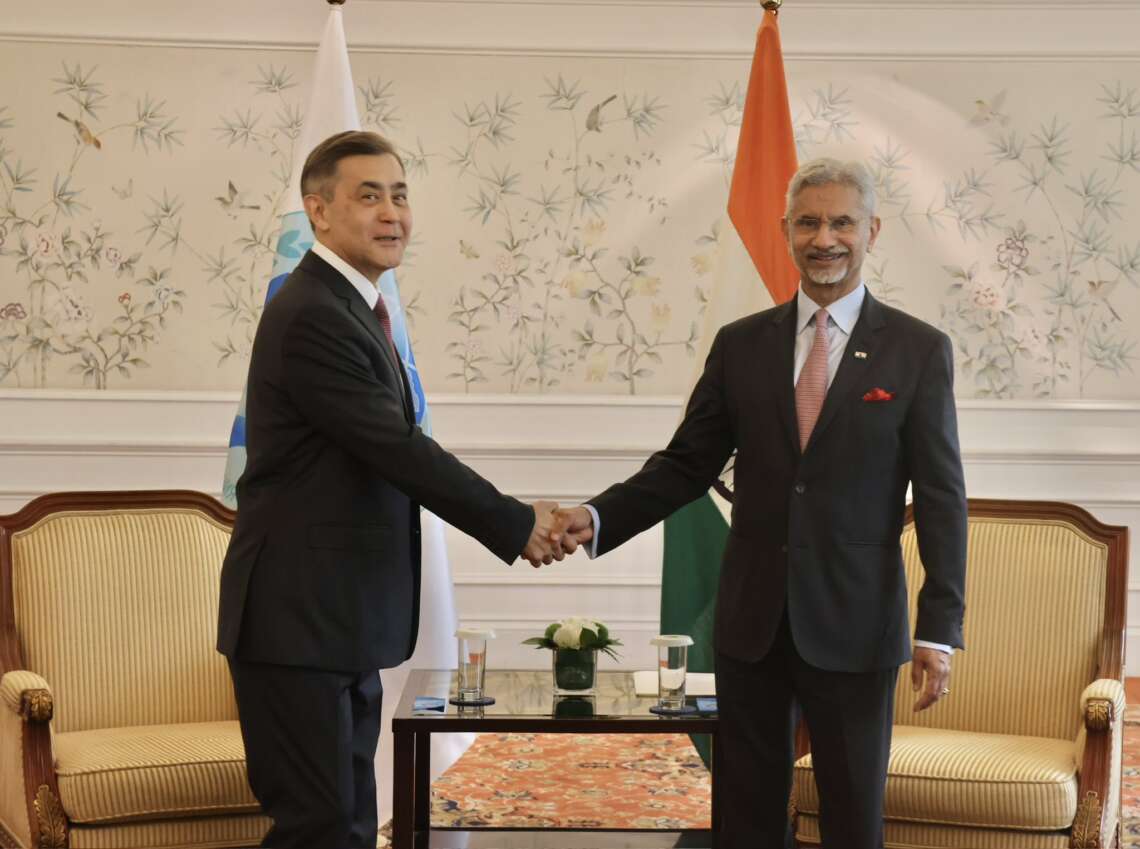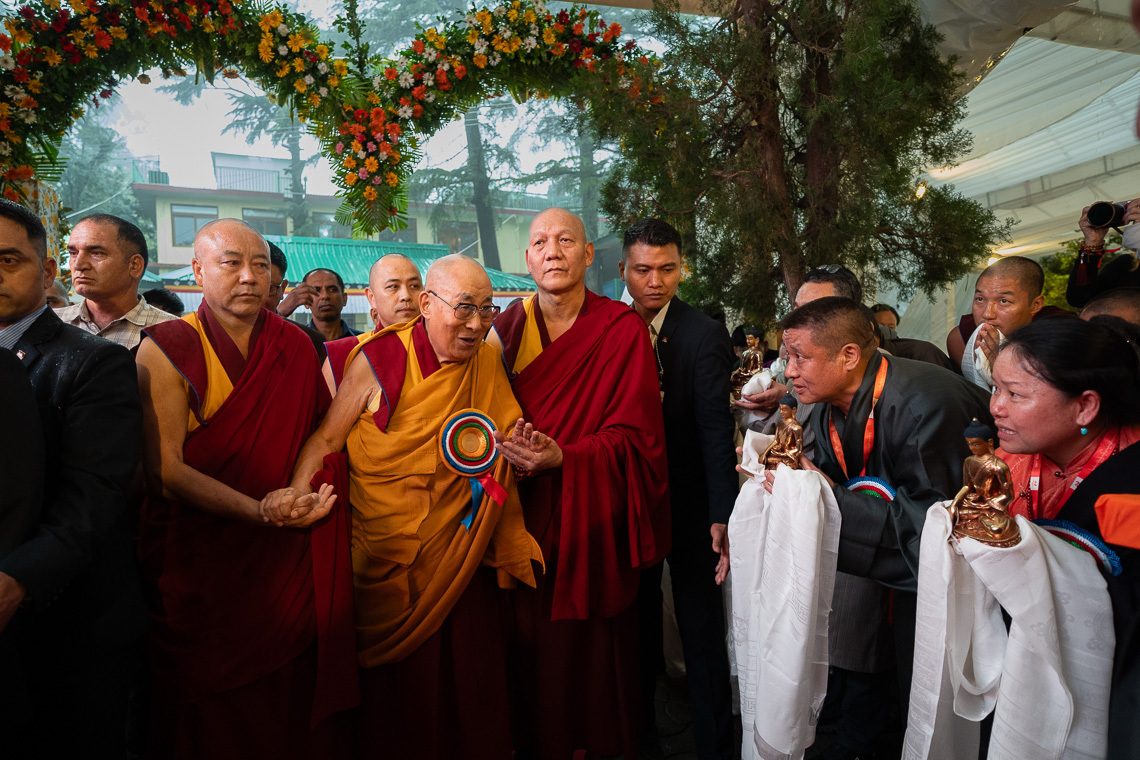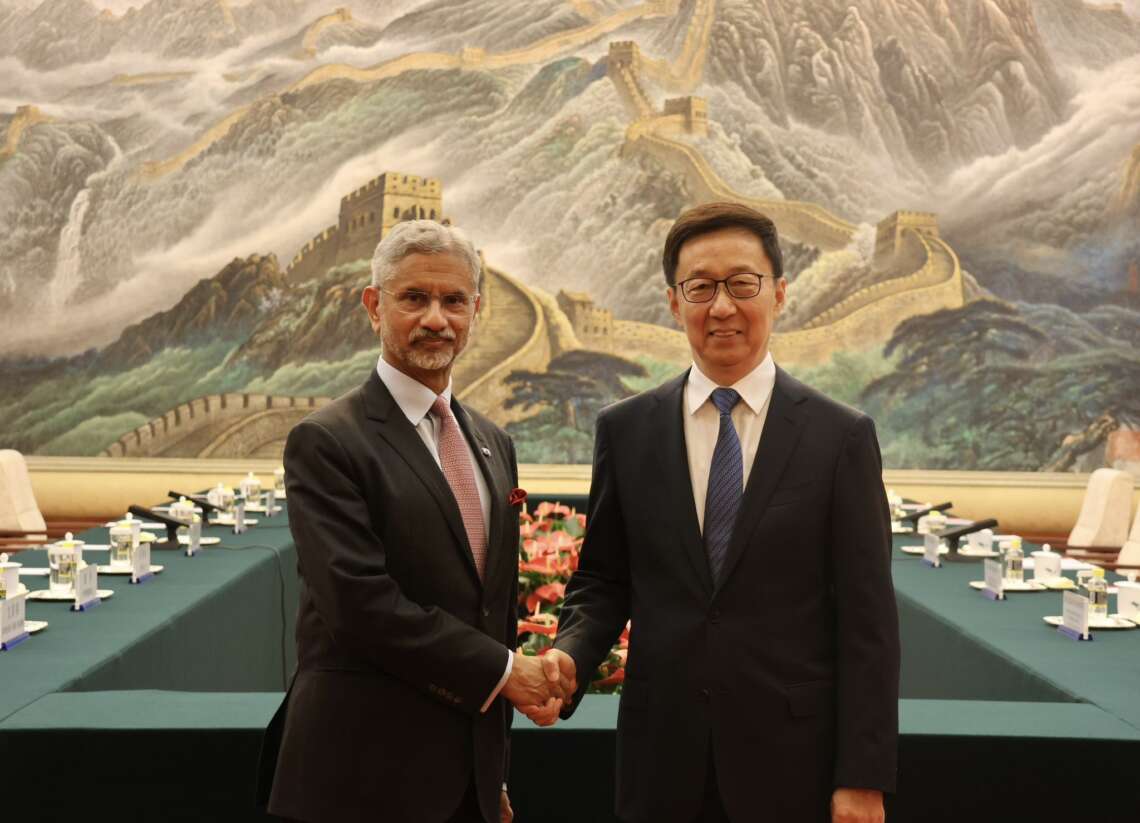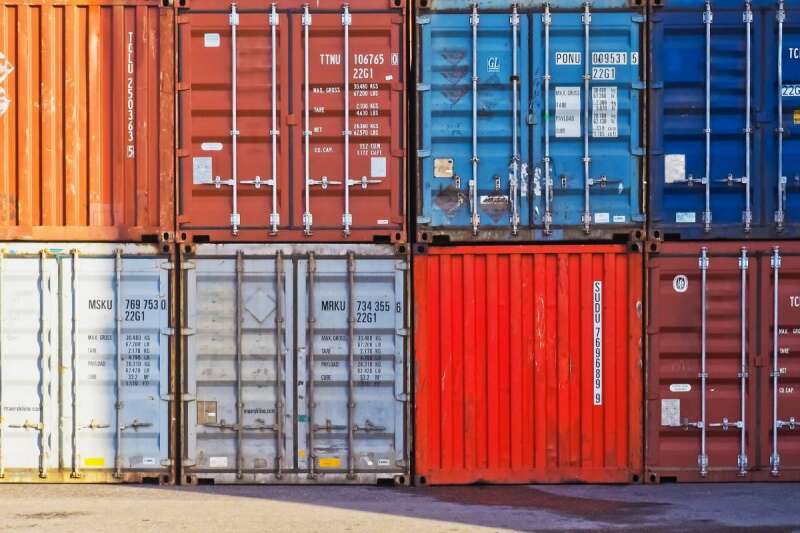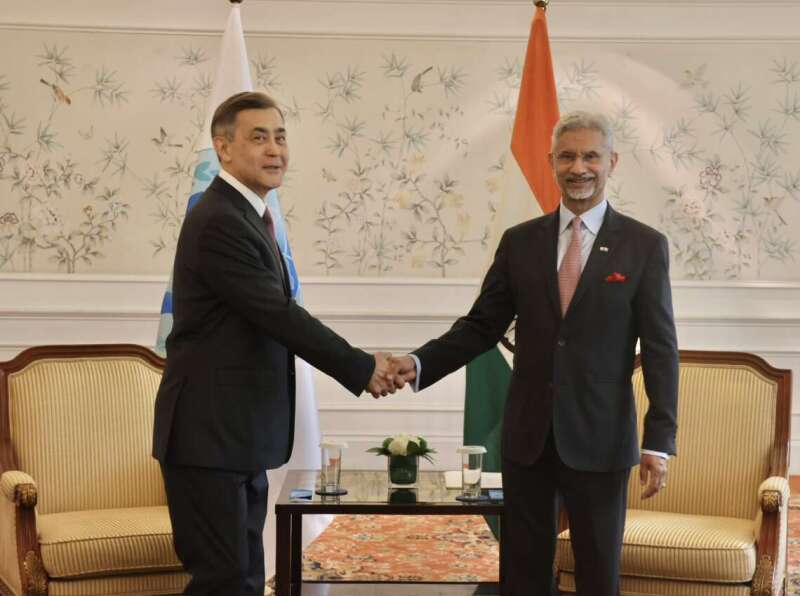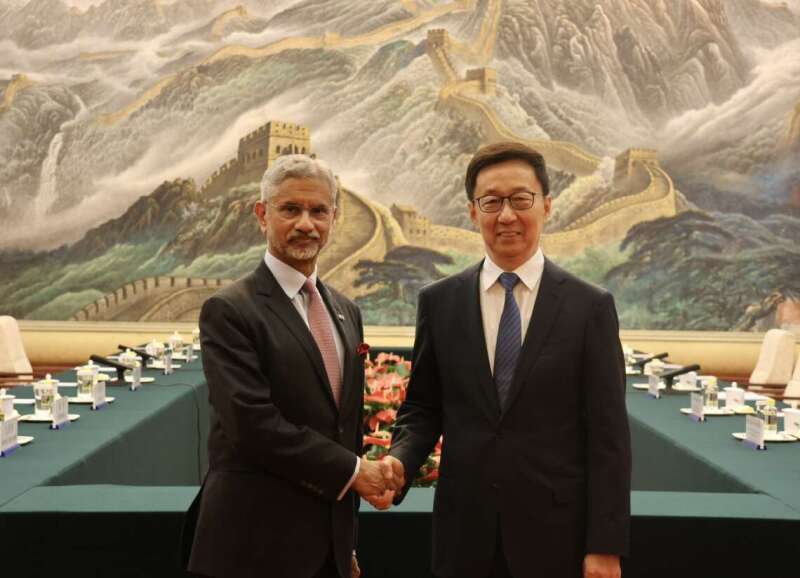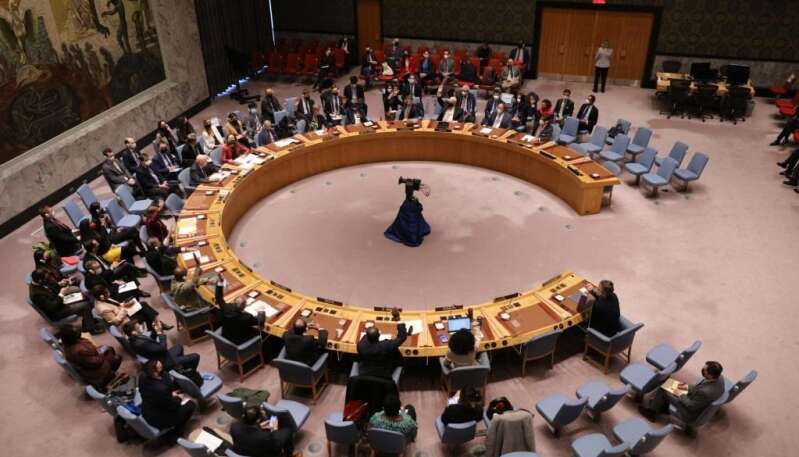Officials at the Ministry of Industry, Commerce and Supplies said that not a single shipment has moved between the two countries in the seven years. …reports Asian Lite News
After the signing of the Trade and Transit Agreement with China seven years ago, which gave Nepal access to seven Chinese ports for third-country trade, not a single shipment has moved, Kathmandu Post reported.
Then Prime Minister KP Sharma Oli in April 2016, paid an official visit to China where two sides signed an agreement that gives Nepal access to four Chinese seaports in Tianjin, Shenzhen, Lianyungang and Zhanjiang, and three land ports in Lanzhou, Lhasa and Shigatse for third-country imports. The agreement also allowed Nepal to carry out exports through six dedicated transit points between Nepal and China, Kathmandu Post reported.
The two sides had expressed satisfaction with the conclusion of the Agreement on Transit Transport and directed authorities to immediately start negotiations to develop a protocol which will be an integral part of the agreement, according to the text of the agreement signed on April 23, 2016, in Beijing.
Later, during the state visit of then President Bidya Devi Bhandari to China in April 2019, the protocol on implementing the Transit and Transport agreement was signed after delegation-level talks between Bhandari and her Chinese counterpart Xi Jinping, Kathmandu Post reported.
Then Minister for Foreign Affairs Pradeep Gyawali and Chinese Minister for Transport Li Xiaopeng signed the agreement.
Officials at the Ministry of Industry, Commerce and Supplies said that not a single shipment has moved between the two countries in the seven years. After failing to implement the protocol, the Nepali side has requested China to convene a meeting to implement the protocol and is awaiting a response from Beijing.
“We had sent a request some four months ago for a joint meeting in order to implement the protocol, but there has so far been no response from the Chinese side,” said a joint secretary at the ministry.
Oli was hailed for turning north to break Nepal’s near-complete dependency on the southern neighbour for third-country trade. It’s now seven years since the agreement’s signing and over two years since the protocol was signed, but Nepal and China have yet to develop the standard operating procedure (SOP) for implementing the transit agreement, Kathmandu Post reported.
One of the ideas behind the trade and transit agreement was to bring petroleum products from Kazakhstan via a pipeline from China.
Former Nepali ambassador to China Mahesh Maskey said, “We were confident that we can deal with Kazakhstan.”
But Nepal received negligible amounts of petroleum products after signing the deal with China and that also stopped soon. And there was no discussion on importing petroleum products from Kazakhstan.
Some months after the protocol’s signing, the Covid pandemic spoiled all trade prospects with China, the official at the Ministry of Industry, Commerce and Supplies said.
“Now we are thinking of resuming talks with China to explore the viability of using these ports, but no date has been fixed for a meeting,” the official said.
“Also we were not clear about what we would export through China and what we would import from third countries,” said Maskey, adding that the prospect of importing petroleum products via China had become slim after the construction of a 69-km Raxaul-Amlekhgunj petroleum pipeline.
Nepali officials were also confident that after signing up for China’s Belt and Road Initiative, Nepal could trade via China with other BRI-member countries.
“We had also agreed to set up special economic zones in Kerung and Nuwakot districts in order to facilitate bilateral and third-country trade via China. Why these agreements and understandings are not moving ahead, I have no idea,” said Maskey.
During Oli’s China visit in 2016, the two sides agreed to explore establishing cross-border economic cooperation zones along existing frontier posts and to speed up work on other frontier ports and trading points. The establishment of special economic zones and negotiations for free trade agreements are also part of the BRI, Kathmandu Post reported.
Not a single consignment has arrived after four years of signing the protocol to the trade and transit agreement, former commerce secretary Purushottam Ojha said. “At least we should bring one consignment, either from Japan, South Korea or Kazakhstan.”
Ever since the pandemic began, even bilateral trade between Nepal and China has tapered off. There was negligible cargo movement. The Nepal-China border has two main trade points, both of which were frequently shut. Most recently, the Rasuwagadhi-Kerung border resumed operation on April 1 and Taopani border will do so on May 1.
“Once we bring a consignment from a third country via China, then we will have more exact knowledge about things like cargo movement, insurance, mode of transport, and logistics. For this, the government should take the support of the Federation of Nepalese Chambers of Commerce and Industry,” Ojha said.
Many say third-country trade via China is now a pipe dream at a time when even bilateral trade with the north has been difficult.
Strong political will is a must to implement such agreements.
“No foreign or commerce minister gave much interest in implementing the protocol in the past four years,” another official at the commerce ministry said.
“Nepali traders and those involved in freight forward business feel uncomfortable bringing goods via China due to several reasons.”There has been no progress at all, Prakash Karki, former president of Nepal Freight Forward Association said.
“Bilateral trade with China has resumed but it will take some time, probably years, for third-country trade via China.”
Some officials who were actively engaged in negotiations with the Chinese side in the lead-up to the signing of the Trade and Transport Agreement say sluggish development in the seven years is disheartening.
Former joint secretary Rabi Sainju has held a series of negotiations with Chinese officials.”We have to develop the infrastructure on our side and we should immediately arrange for pilot consignments via China,” Sainju said.
“It is disheartening that not a single consignment has arrived in the past seven years and we could not even hold any discussions on how to move forward,” said Sainju. The single virtual meeting during the time of Covid did not yield any positive outcome.
“On the one hand, the government could not push for the agreement’s implementation, and on the other, it could not boost the confidence of the private sector. As a result, the private sector is not ready to bring consignments from China,” said Sainju. (ANI)


